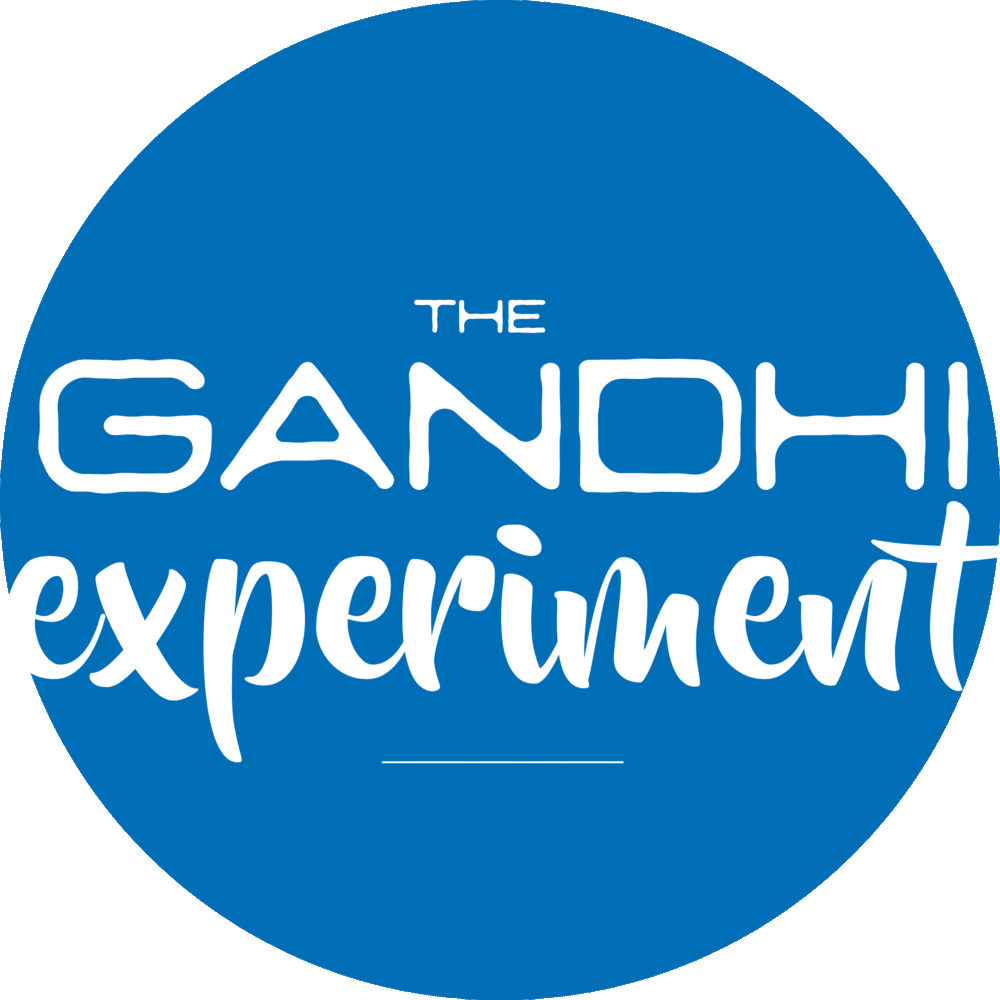It seemed an appropriate topic for a debate on the International Day of Peace: "That technology is killing peace." Yet perhaps even more appropriately for that auspicious day, the Year 6s of Auburn South Primary school were learning a new methodology in debating that takes the adversarial nature out of a traditional debate - Collaborative Debating.
Speaking on the seriousness of hacking, the Affirmative team discovered they had made a point on which the entire audience stood to agree. After the second speaker for the Affirmative team presented very effective arguments on the deeply destructive effects of cyber-bullying, the Mentor (formerly the adjudicator) posed this question, ‘On this point alone, raised by ‘Kyle’, stand if you agree that cyber-bullying can cause depression and enormous emotional, perhaps even physical, harm.’ The entire audience stood. The entire Co-operative Team also stood. The point had been resoundingly made.
This is the point of difference of a Collaborative Debate - debaters are allowed to agree with the opposing team. You are even allowed to show that you disagree on certain points with your own team. Because, you see, you are not aiming to ‘win at all costs’. The aim is to collaboratively solve the problem at hand - even when you come from differing viewpoints. To make the debate constructively useful to your classroom, your school and your community, well beyond the event itself.
The Co-operative Team spoke of Instagram - ‘Half of these Instagram users want to promote peace.’ ‘Skype and social media allow people to contact and maintain relationships.’ And from the authorative mouth of a 12 year old, ‘It is your choice to use social media correctly.’ A message an enormous number of adults would do well to listen to. Then this: ‘We are using certain apps to feel safe. They help us fight against crimes we can’t fight against ourselves.’
Half- way through the debate, the Mentor paused to ask this question: Is anyone feeling conflicted within themselves right now? A few ‘yeses’ in the room and a chance to explain why. The Mentor proceeded: Has anyone been so persuaded by someone’s argument that they would like to cross the floor right now? Two people from the Affirmative team stood to move to the Co-operative team, a visual impression of the change in their stance on this subject.
What happens if the contention can’t be solved in one debate? At the end of the debate the Mentor will ask a series of questions – Has the debate actually thrown up other questions that require further exploration? What are these? Has the debate partially resolved something, but not completely? Are we getting more deeply into the crux of the issue? Then why would we stop there? Let's keep delving. Let's find some solutions.
Most importantly, throughout a Collaborative Debate, a minute of mindful, stilled silence allows for new wisdoms and insights to come in to play.
For the Auburn South Primary School Year 6 Collaborative Debate, perhaps the most persuasive moment came when the third speaker for the Co-operative team summarised his teams’ messages by stating: ‘It is not technology that is the problem – it’s the people using it.’ Leaving every person in the room to reflect for themselves, 'What is my role in that?'
Congratulations Auburn South Primary Year 6s - your are impressive debaters, persuasive and able to pick up this new shift in thinking and debating in no time! Celebrating the power and effectiveness of collaboration.
Margaret Hepworth is the author of Collaborative Debating – a Teachers Manual and The Gandhi Experiment – Teaching our teenagers how to become global citizens. Available through Readings Bookshops; Link Educational Supplies; James Bennett.
Margaret is available as a motivational speaker and can train both students and staff in Collaborative Debating. www.thegandhiexperiment.com margaret@margarethepworth.com









